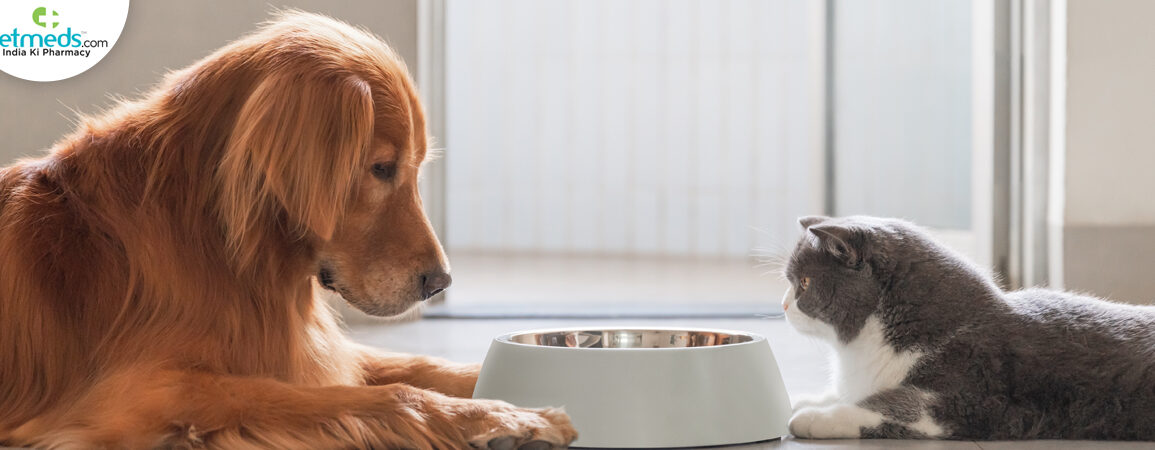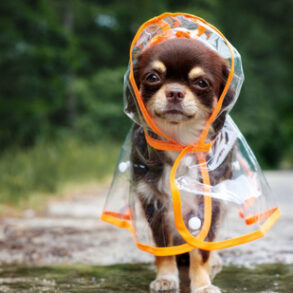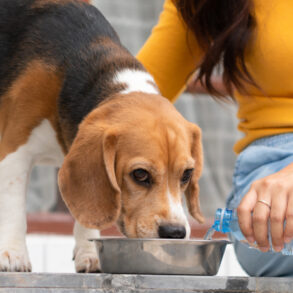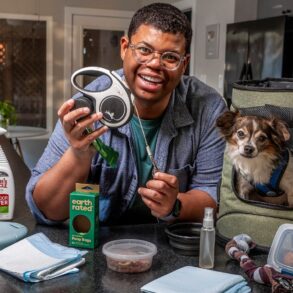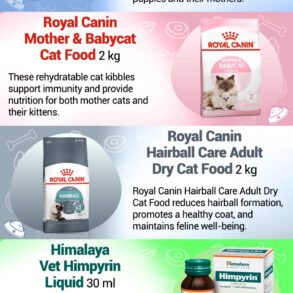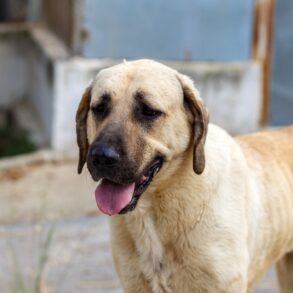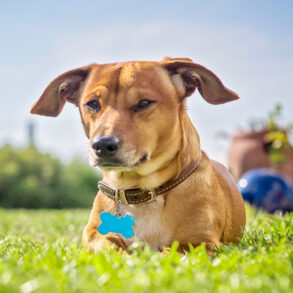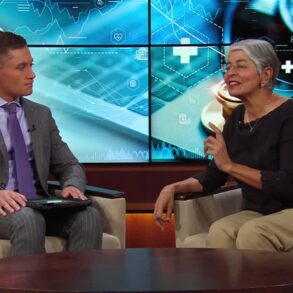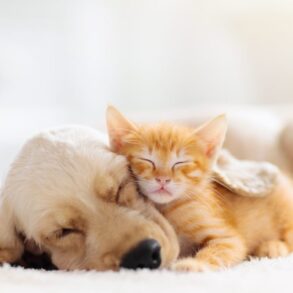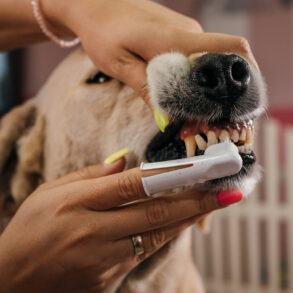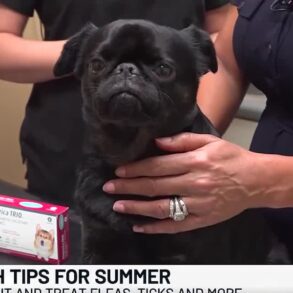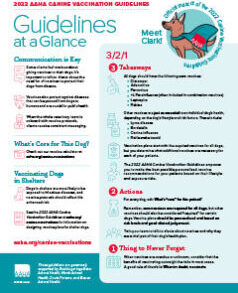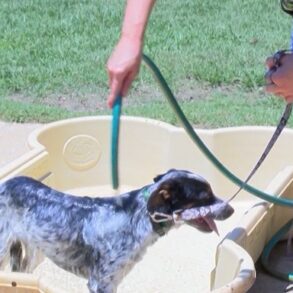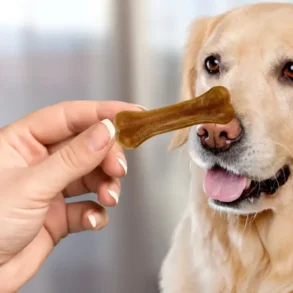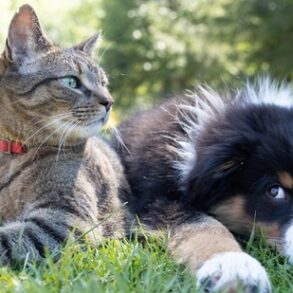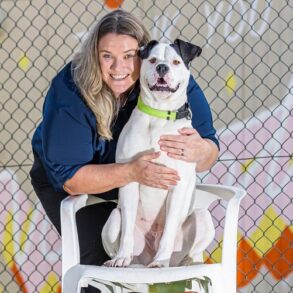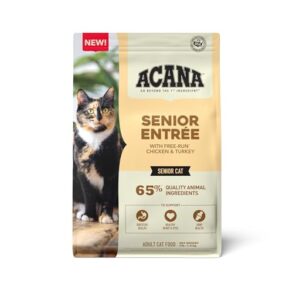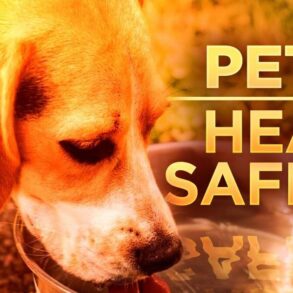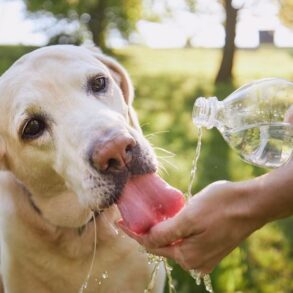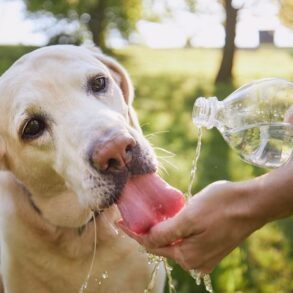In the age of social media trends and influencer-driven advice, pet owners often feel overwhelmed by conflicting information about what they should or should not feed their furry companions. Grain-free kibbles, raw food regimens, and home-cooked meals dominate pet nutrition discussions. While these feeding styles may seem healthier at face value, scientific research tells a different story. Confused about what to feed your dog or cat? We break down common myths about grain-free, raw, and homemade pet diets, which are backed by science and expert advice.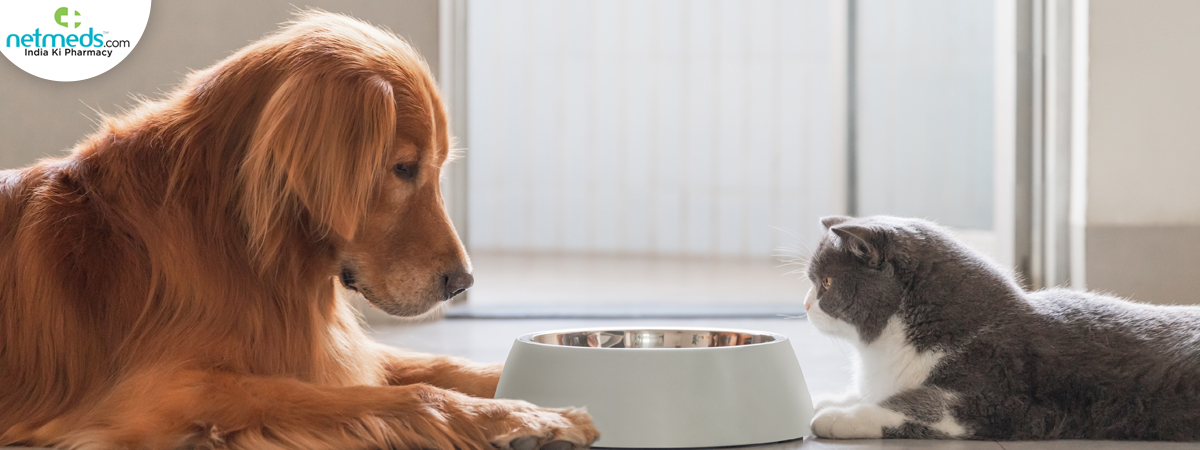
Also Read: Natural Dog Superfoods: Top Healthy Ingredients Every Pet Owner Should Know
Myth 1: Grain-Free Diets Are Healthier Options For Dogs And Cats
Fact: One of the most pervasive myths in pet nutrition is that grains are harmful fillers and must be avoided. This belief has led to grain-free pet foods becoming more popular. However, grains such as rice, oats, barley, and corn are safe for most pets and valuable sources of energy, fibre, and essential nutrients like B vitamins and linoleic acid. Food allergies in pets are rarely triggered by grains. According to studies conducted by veterinary dermatologists, animal proteins and dairy are far more likely to cause allergic reactions than grains. Most pets tolerate grains well, and there is little scientific support for the idea that grain-free diets offer superior nutrition.
Shop From Our Wide Range Of Pet Essentials
Myth 2: Raw Diets Are Closer to Nature and Therefore Better
Fact: The raw food trend is rooted in the belief that mimicking a pet’s ancestral diet, such as what wild wolves or cats might have consumed in old times, results in better health, shinier coats, and increased energy. While this back-to-nature logic appeals to many, it overlooks a key factor: domestication. Raw diets, often made of uncooked meats, bones, and organs, carry significant health risks. Pathogens like Salmonella, E. coli, and Listeria can thrive in raw meat and pose a threat not just to the animal but also to humans who handle the food. Cross-contamination in the kitchen can put entire households at risk, especially those with children or immunocompromised individuals.
Also Read: Pet Sleep Cycles: Importance And Tips To Improve Your Dog and Cat’s Sleep Quality
Furthermore, many raw diets lack nutritional balance. Pets fed unbalanced meals are at risk of nutrient deficiencies or excesses that can lead to bone deformities, organ damage, or immune dysfunction. Unless raw meals are formulated and regularly assessed by a board-certified veterinary nutritionist, they may do more harm than good.
Also Read: Cat Diet: How Fish-Based Diet Supports Your Feline’s Well-being
Myth 3: Homemade Diets Are Safer and More Wholesome
Fact: Homemade pet meals are often viewed as the best version, showcasing a pet owner’s dedication and love. While the intention is admirable, the reality is that formulating a complete and balanced diet at home is extremely challenging. Simply offering a variety of meats, vegetables, and grains may not always guarantee the right levels of protein, fats, vitamins, or minerals and may lack essential nutrients. Calcium-phosphorus imbalance, lack of taurine, and insufficient Vitamin D are among the common problems. These deficiencies might not show symptoms immediately, but they can cause long-term health complications
Also Read: What Are Dog Supplements? 6 Vitamins Your Pet Needs For Healthy Life
Points To Consider When Feeding Home-Cooked Meals To Pets
Every pet owner dreams that their furry companions live long, healthy, and happy lives. Thus, fuelled by balanced nutrition and informed choices, they must trust evidence-based recommendations and work closely with veterinary professionals. Here is what you can do:
- If a pet owner wishes to pursue a home-prepared diet, it must be done under the guidance of a veterinary nutritionist who can tailor the meal plan based on the pet’s health, age, weight, and activity level.
- Additionally, periodic nutritional evaluations and lab tests are vital to ensure the pet’s health is not compromised.
- It is essential to speak with a veterinarian before switching your pet’s diet, especially if they have existing health concerns like pet allergies, kidney problems, or weight issues.
- A qualified professional can assess your pet’s specific needs and recommend a suitable diet plan, including whether any additional supplements are necessary.
- If you are drawn to alternative diets due to concerns about preservatives, meat quality, or allergens in commercial foods, opt for reputable brands that offer transparency in sourcing and have veterinary nutritionists on staff.
(This content is reviewed by Kalyani Krishna, Chief Content Editor)
Author Profile: Preeti Sharma
Preeti Sharma has a master’s in electronic media and mass communication and certification in short-term writing from Florida. With close to a decade of experience, she specializes in crafting engaging blogs on beauty, veterinary care, and healthy cooking. Preeti is proficient in video editing tools and produces captivating and informative content across multiple platforms.
Disclaimer:
The content provided here is for informational purposes only. This blog is not intended to substitute for medical advice, diagnosis, or treatment. Always seek the advice of a qualified healthcare provider for any questions or concerns you may have regarding a medical condition. Reliance does not endorse or recommend any specific tests, physicians, procedures, opinions, or other information mentioned on the blog.
Related Posts
Related Products
Latest Posts
This post was originally published on this site be sure to check out more of their content.




